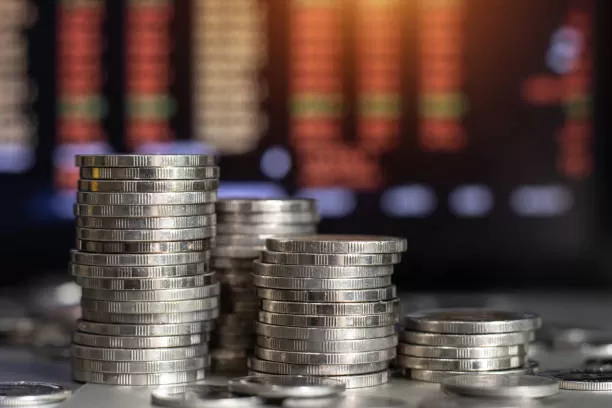India's trade heavily relies on maritime transport, with approximately 95% of the volume and 70% of the value, reported by the Ministry of Shipping. As the 16th largest maritime country globally, India's ports and shipping industry play a crucial role in fostering trade and commerce. In FY23, merchandise exports through the sea route reached US$ 447.46 billion and sea ports handle trade for key export destinations including the US, UAE, Saudi Arabia, Hong Kong, China, Germany and the Republic of Korea. Primary commodities managed by Indian ports encompass petroleum products, coal, automobiles, iron ore, engineering goods, chemicals, and electronics.
However, being a significant player in global trade, India encounters challenges arising from geopolitical and global circumstances. The logistics and shipping sector, which had grappled with the impact of COVID earlier, now confronts a new hurdle ? the Red Sea crisis triggered by the Iran-backed Houthi movement in Yemen. The resulting impact includes a slowdown in global trade, disruptions in the export-import flow, longer turnaround times and shifts in sea routes. These factors collectively contribute to the increased difficulty and risk associated with India's maritime trade.
Navigating prolonged geopolitical tensions demands strategic measures for the Indian Logistics and Shipping industry to weather the challenges. Pushpank Kaushik, CEO of Jassper Shipping, emphasises key actions to ensure the sectors? growth amid such complexities.
Active Geopolitical Participation - India, like China, Germany and Brazil, maintains a crucial geopolitical stance. Positioned neutrally, it actively participates in cross-border manufacturing value chains, aligning with global trade norms. Its strategic location fosters diverse trade relationships, creating investment prospects and mitigating sea trade tensions. However, addressing geopolitical challenges proactively with larger economies will bolster sea trade benefitting India's logistics and shipping sector along with economic growth, attracting more foreign direct investment (FDI). Currently, this neutral stance redirects FDI flows favorably, notably surpassing China, with a significant rise in investment from the US.
Regional Cooperation - To uphold global trade, India must foster strong relations and collaboration with other nations. This involves ensuring route availability and engaging in joint projects to enhance global trade efficiency for cost effective import and export processes.
Transparency - Utilizing real-time tracking through technological advancements, logistics and shipping firms can offer customers instant access to product status updates. This ensures transparency, minimizes uncertainties and addresses potential shipping delays. Such proactive measures build trust during regular operations and also prove invaluable in challenging situations.
Focus on value-added services - Indian logistics and shipping firms can broaden their business scope beyond basic transportation by integrating value-added services like packaging, freight forwarding and customs clearance in challenging times. These services will enhance customer satisfaction and also strengthen Indian trade.
More Containers - Indian shipping and logistics firms must acquire additional containers to facilitate increased product and goods shipments, minimizing the impact of extended turnaround times. While India has successfully reduced turnaround time by 27% and to 85 hours, over the past four years in sea trade, as mentioned by the Finance Minister in the budget session, the current challenging conditions necessitate enhanced container capacity. This expansion will contribute to a more efficient trade process, accommodating larger freight volumes at once, thereby reducing both additional fuel costs and delays in global trade.
According to Pushpank Kaushik, CEO of Jassper Shipping, ?During challenging periods, collaboration between India's logistics and shipping firms and the government is essential for sustained resilience. With ports managing 95% of the nation's international trade volume, fostering trade activities and private involvement in port infrastructure becomes pivotal. In challenging times, proactive measures, such as lowering fuel prices, expanding port and warehouse facilities, and fostering international cooperation, are imperative for navigating difficulties and ensuring seamless trade.?
Geopolitical complexities can disrupt the seamless flow of the sector and influence global trade. Therefore, adopting a precautionary approach is crucial to minimize the impact on India's economy and businesses in this sector. Implementing effective strategies is essential for sustaining and achieving projected growth, ultimately bolstering sea trade and the maritime supply chain.





















